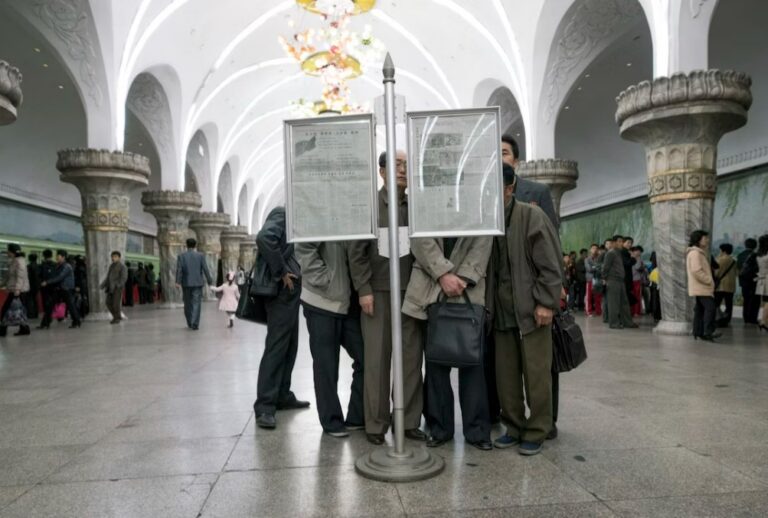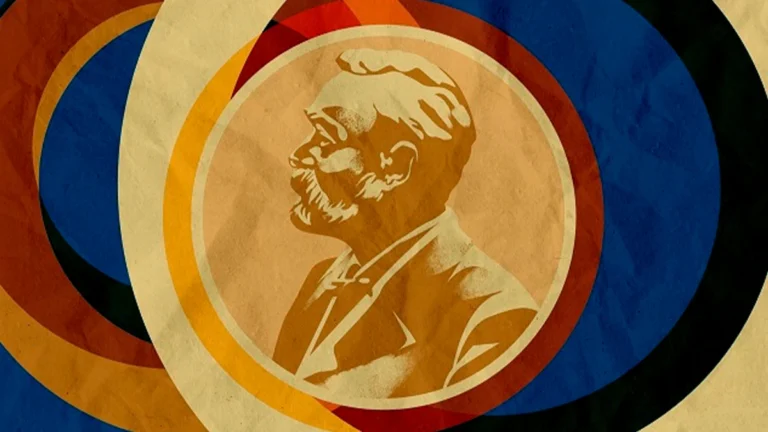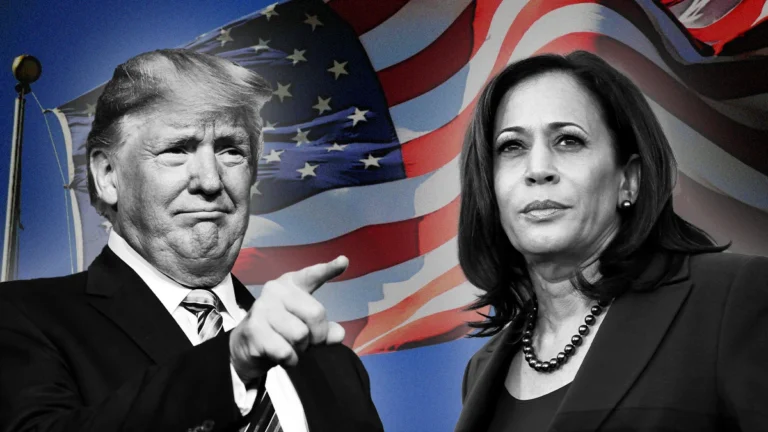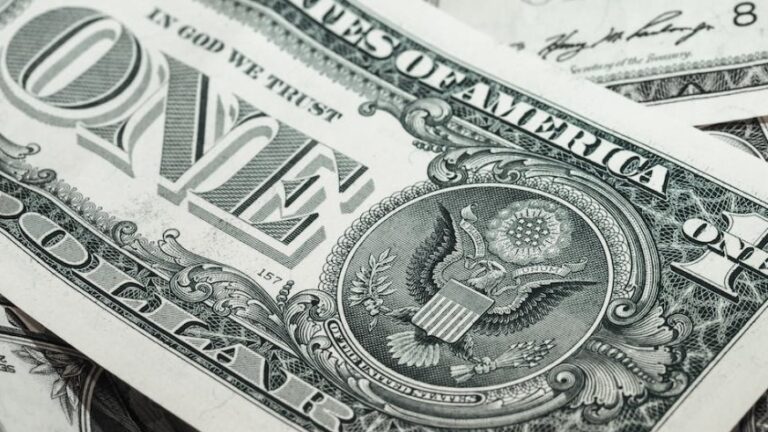Corrupt countries thrive because corruption remains a persistent and deeply-rooted issue that plagues nations across the globe, hindering economic progress, undermining public trust in institutions, and impeding social development.
Transparency International, a global non-governmental organization, has been at the forefront of the fight against corruption, annually assessing and ranking countries based on their perceived levels of corruption.
In this article, we delve into the 13 most corrupt countries in the world, shining a light on the challenges they face and the collective effort required to combat this menace.
Table of Contents
13 most corrupt countries in the world
1. Somalia
For years, Somalia has grappled with civil war, weak governance, and widespread corruption. Corruption infiltrates all levels of society, from the highest echelons of power to local communities, exacerbating existing challenges and fostering a climate of lawlessness.
According to a UN investigation, over 70% of Somalia’s government assets had been misused and diverted for personal gain.
2. South Sudan
South Sudan, the world’s newest country, faces a daunting battle against corruption. Rampant embezzlement, nepotism, and patronage networks have hindered its progress since its independence, severely impacting the nation’s development.
The officials of South Sudan’s government have been charged with having the same amount of graft as the most corrupt nations in the world, despite being the world’s youngest nation.
3. Syria
An extensive migration across the Middle East and North Africa resulted in the start of the Syrian Civil War. The current conflict in Syria between government troops and rebel groups has its roots in the Arab Spring.
The ongoing civil war in Syria has fostered an environment conducive to corruption. The absence of effective governance and oversight has allowed bribery, cronyism, and illicit practices to proliferate, further destabilizing an already devastated nation.
4. Yemen
The nine-year civil war in Yemen has frequently been called a proxy conflict between Iran and Saudi Arabia. Regardless of whether it’s true or not, the battle in Yemen has triggered a humanitarian disaster, with children being the most severely impacted.
A kid under five dies from preventable causes every ten minutes, and more than 500,000 children under the age of five suffer from severe malnutrition. Yemen’s political instability and conflict have made it a breeding ground for corruption.
5. Venezuela
Venezuela is rich in natural resources, including over 300 billion gallons of oil, which has caused political unrest, a socioeconomic catastrophe, and corruption.
The misuse of state resources, bribery, and lack of transparency in government dealings have worsened the plight of its citizens.
6. Sudan
Sudan is a fascinating country with tons of tourist attractions. In fact, Sudan has more pyramids than Egypt. However, Sudan’s long-standing internal conflicts and political upheaval have facilitated corrupt practices.
he diversion of public funds, favoritism, and lack of transparent governance have contributed to the country’s unstable environment.
7. Equatorial Guinea
Despite its vast oil reserves, Equatorial Guinea has struggled with widespread corruption and income inequality.
The concentration of wealth in the hands of a few and a lack of accountability in the government have hampered equitable development. Lack of a rule of law, poor financial management, and arbitrary arrests, torture, and unfair trials have all contributed to widespread corruption.
8. Libya
Following the overthrow of its ruler, Muammar Gaddafi, Libya descended into civil strife between numerous factions.
Libya’s post-revolutionary period has seen corruption seep into all aspects of society. Weak institutions and political infighting have allowed corrupt practices to thrive, undermining the country’s chances of stability and growth.
9. North Korea
North Korea’s secretive regime has made it difficult to assess the extent of corruption, but reports indicate that bribery, embezzlement, and illicit activities are pervasive within the country’s elite circles.
Even though Kim Jong Un, the leader of North Korea, has sworn to “mercilessly” combat the evil of corruption, the practice has been pervasive in the nation since the 1990s.
10. Guinea-Bissau
Despite being one of the smaller nations in Africa, Guinea Bissau is ranked highly among the most corrupt nations there. The security forces of this West African country, which is well-known for its verdant national parks and varied fauna, are rife with corruption.
Guinea-Bissau’s political instability and drug trafficking have also contributed to widespread corruption. Public officials’ involvement in illegal activities has weakened state institutions and hindered economic progress.
11. Iraq
It’s a bit difficult right now in Iraq. Even though the American mission concluded in 2021, several American soldiers are still serving there as peacekeepers. Any prospective foreign investment has been discouraged by corruption in both public and private firms.
Political instability, weak rule of law, and sectarian tensions have fueled corruption in Iraq. Nepotism and bribery have undermined trust in public institutions and thwarted efforts to rebuild the nation post-conflict.
What’s the way out for these corrupt countries?
The 11 countries mentioned above represent a stark reality that corruption persists as a deeply entrenched global issue. While these nations face varying degrees of challenges, combating corruption demands concerted efforts at both national and international levels.
Transparent governance, strengthened institutions, and robust accountability mechanisms are essential components in the fight against corruption.
By acknowledging and confronting this issue, the international community can help these countries embark on a path towards a more equitable and prosperous future.












